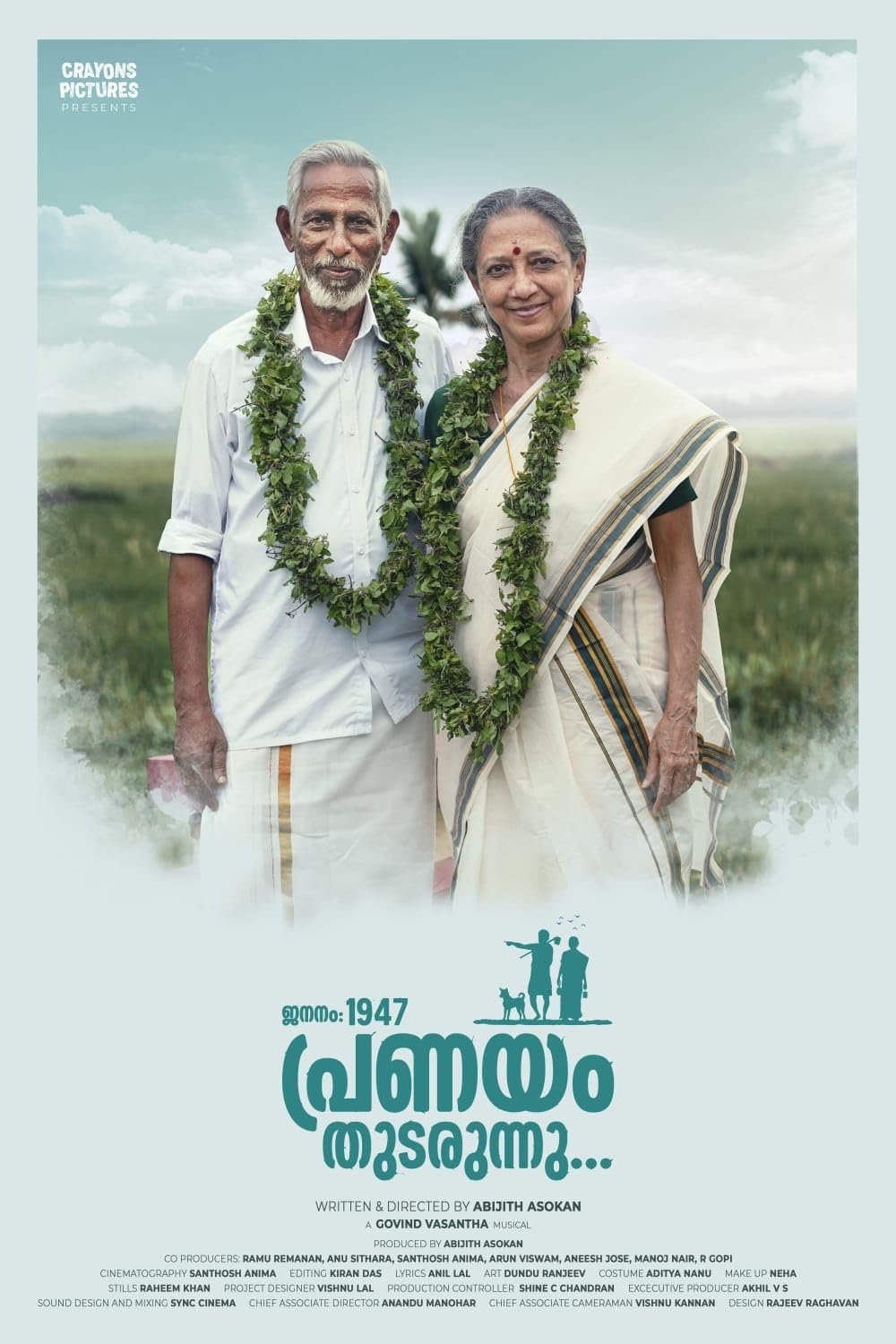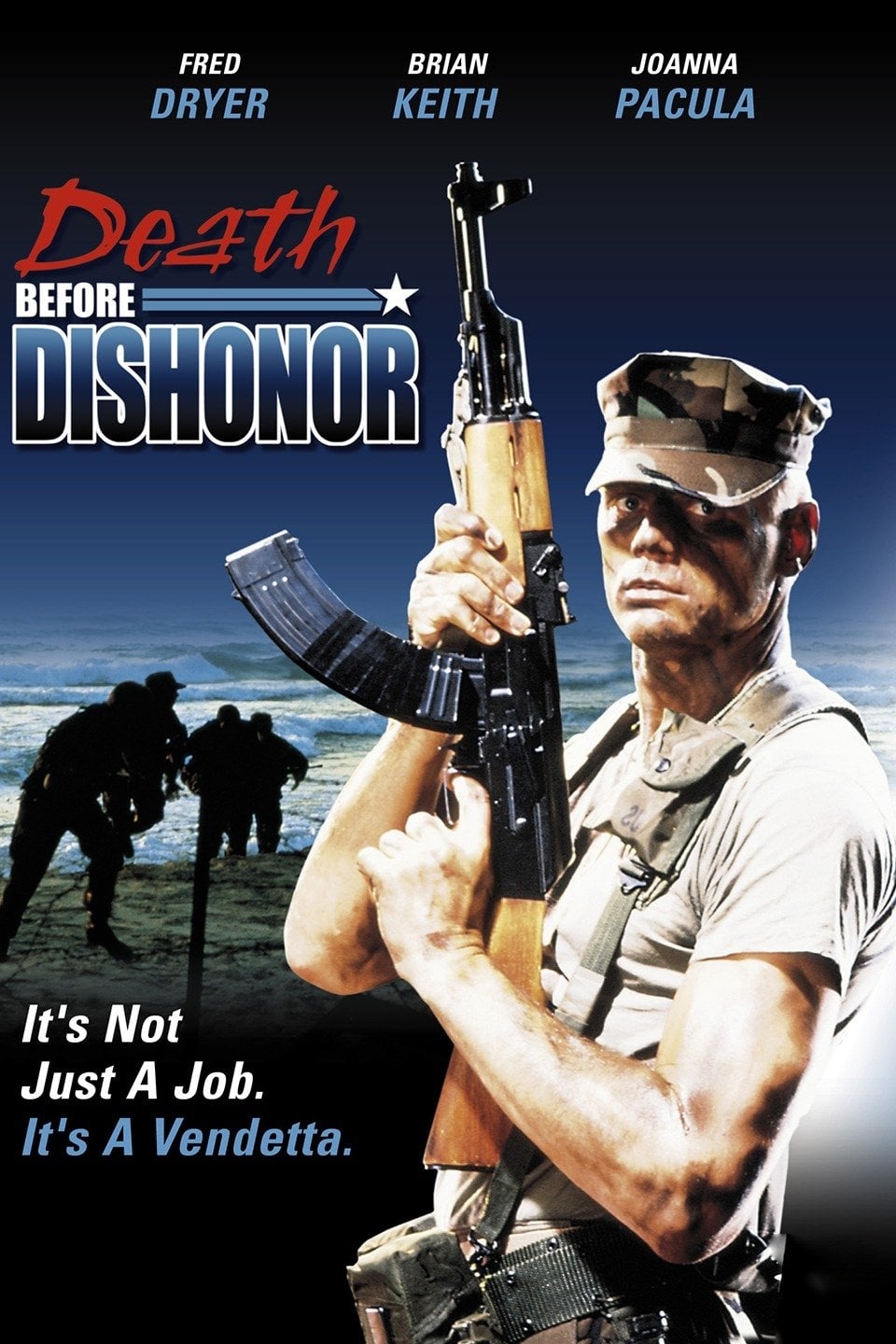Jananam 1947 Pranayam Thudarunnu
Director: Abijith Asokan
Cast: Anu Sithara, Deepak Parambol, Irshad Ali, Jayaraj Kozhikode, Leela Samson, Nandan Unni, Noby Marcose, Pauly Valsan
Synopsis:
Cast: Anu Sithara, Deepak Parambol, Irshad Ali, Jayaraj Kozhikode, Leela Samson, Nandan Unni, Noby Marcose, Pauly Valsan
Synopsis:
Reviews
nowrunning.com
K. R. Rejeesh
K. R. Rejeesh





